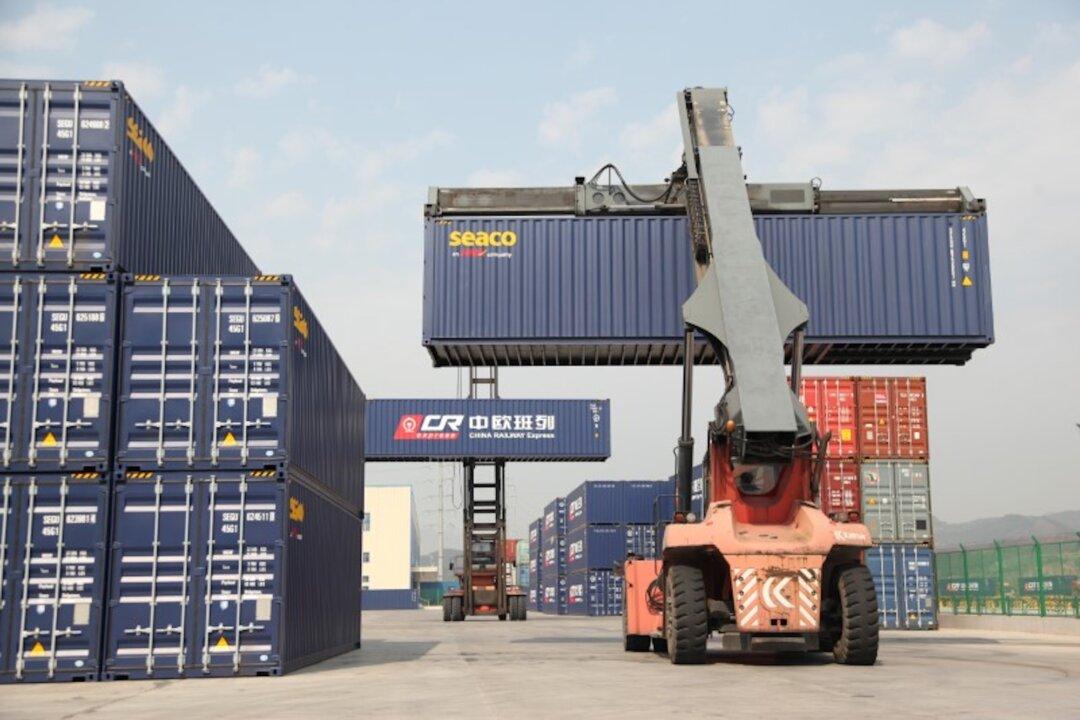BEIJING—China’s “One Belt, One Road” investment scheme, which aims to connect Europe with Asia, is sidelining European companies and Brussels should review its competition law to level the playing field, a business lobby group said on Jan. 16.
Opaque procurement processes and the dominance of giant state-owned Chinese companies mean European companies get only “crumbs from the table,” the European Chamber of Commerce in China said in a report.





